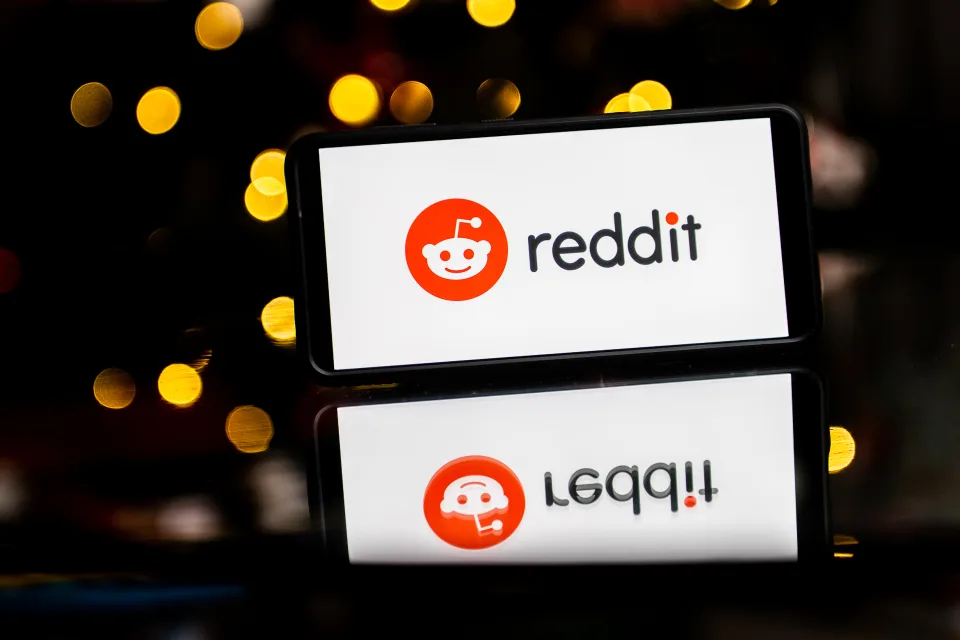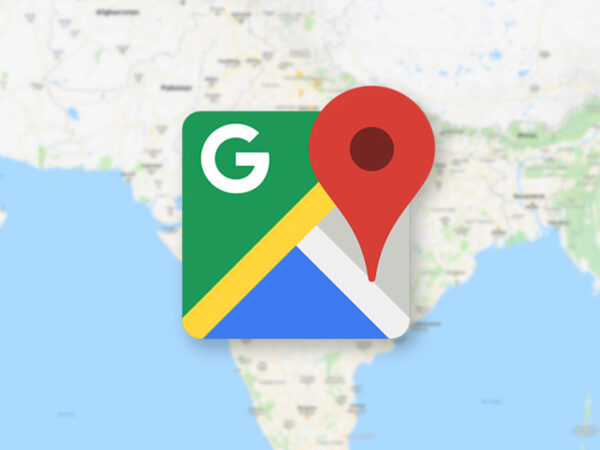TikTok has faced bans in multiple countries, including the United Kingdom, the United States, Canada, and New Zealand. The reasons for these bans vary, but they all reflect concerns about TikTok’s links to China through its parent company, ByteDance, and the possibility that the Chinese government could pressure the company to hand over users’ personal information.
The UK government announced a ban on the use of TikTok on official government devices due to concerns about the app’s links to China and the risk of user data being handed over to the Chinese government. According to UK Cabinet Office Minister Oliver Dowden, the ban is based on a specific risk with government devices. TikTok expressed disappointment at the decision and denied any links with the Chinese government.
In Canada, the European Union, and New Zealand, the bans are broader and apply to all users. In New Zealand, the country’s military and government officials were banned from using the app in 2019, citing security concerns. The New Zealand government has stated that the app poses significant risks to individuals and organizations in terms of cybersecurity and privacy.
In India, TikTok was banned in 2020 following border tensions with China, which led to a crackdown on Chinese-owned apps. The ban was a part of India’s efforts to reduce its dependence on Chinese technology and to support local app developers. The government stated that the apps were a threat to India’s sovereignty and security.
In the United States, TikTok has faced multiple threats of a ban. The Trump administration first threatened to ban the app in 2020 if it did not divest from its Chinese owners. The Biden administration has continued this pressure, with federal officials demanding that the app’s Chinese owners sell their stake in the social media platform, or risk facing a US ban of the app. Some in Washington have expressed concerns that the app could be infiltrated by the Chinese government to spy on American users or gain access to US user data. Others have raised alarms over the possibility that the Chinese government could use the app to spread propaganda to a US audience.
TikTok has responded to these bans by expressing disappointment and stating that they are based on fundamental misconceptions and driven by wider geopolitics. TikTok CEO Shou Chew has said that the Chinese government has never asked for user data and the company would not provide it if they did. Chew emphasized that TikTok’s user data is stored by default in the Oracle Cloud infrastructure and that access to that data is entirely controlled by its owners. The company has said that it is voluntarily working to address security concerns by taking technical and bureaucratic measures to wall off user data from its global operations.
Overall, the bans on TikTok in various countries reflect growing concerns about the security and privacy risks posed by Chinese-owned technology companies. As tensions between China and other countries continue to rise, it remains to be seen whether more countries will follow suit and ban TikTok and other Chinese-owned apps.
The European Union (EU) is launching investigations into tech giants Apple, Google, and Meta (Facebook’s parent company) over concerns they might not be following a new law designed to promote fair competition in the digital market.
Google Chrome is on the brink of initiating a seismic shift that threatens to reshape the very foundation of the modern internet. The imminent demise…
In a highly anticipated market debut, Reddit stock took off, closing its first day of trading with a staggering 48% surge from its initial public offering (IPO) price of $34 per share. The social media giant’s stock concluded the day at $50.44, propelling its market capitalization to over $8 billion.
In a significant move in Vietnam’s corporate landscape, Vingroup, the country’s largest conglomerate, has completed the sale of a 41.5% stake and other assets in its retail arm, Vincom Retail, for a staggering $1.6 billion. This transaction ranks among the largest mergers and acquisitions (M&A) deals in Vietnam in recent years, underscoring the dynamism of the country’s economy and corporate sector.
-
 Cultural differences between the East and the West
Cultural differences between the East and the West -
 Vietnam received recognition in the 29th World Travel Awards in numerous categories
Vietnam received recognition in the 29th World Travel Awards in numerous categories -
 Vietnamese dishes that fascinate foreigners
Vietnamese dishes that fascinate foreigners -
 First NFT vending machine in the world is now operational in New York
First NFT vending machine in the world is now operational in New York -
 The LEGO Group today began construction on a new $1 billion factory in Binh Duong, Vietnam
The LEGO Group today began construction on a new $1 billion factory in Binh Duong, Vietnam -
 19 DeFi Startups To Watch
19 DeFi Startups To Watch

Google Maps to revolutionize navigation with Satellite features, eliminating dead zones

East Asia’s Growth Outpaces Global Average Amidst China’s Economic Challenges, Says World Bank

Google Maps to revolutionize navigation with Satellite features, eliminating dead zones

EU Probes Apple, Google and Meta for Potential Violations of New Digital Law

Exploring the Enchanting Wonders of Hawaii- A Journey to Remember

Vibrant Activities in Ha Nam Cultural and Tourism Week 2023

Exploring the Enchanting Wonders of Hawaii- A Journey to Remember

Unveiling the Heritage Guide: Vietnam Airlines’ Exquisite Travel Companion for Exploring Vietnam

Thomson Medical Group Expands Southeast Asian Presence with Acquisition of FV Hospital in Vietnam

By Rotation: The Startup Revolutionizing Fashion with Peer-to-Peer Clothing Rental

Talks with Leaders, Ep8: 1st AI Doctor Assistant in Vietnam provides 90+% correct diagnosis within 5s

Talks with Leaders, Special episode: Blockchain meets Metaverse, featuring business leaders, investors, tech experts and global influencers

NVIDIA and Johnson & Johnson MedTech’s AI Collaboration Revolutionizing Surgery

Google Maps to revolutionize navigation with Satellite features, eliminating dead zones

Valentino Joins the Metaverse: An Exciting Partnership with UNXD

Coinbase Faces Technical Woes Amidst Bitcoin Surge to $64,000

Coinbase Faces Technical Woes Amidst Bitcoin Surge to $64,000

Exploring the Enchanting Wonders of Hawaii- A Journey to Remember

Abode: Artist Challenges Adobe’s Dominance with Lifetime Creative Software Suite

By Rotation: The Startup Revolutionizing Fashion with Peer-to-Peer Clothing Rental

Threads App’s Rollercoaster Ride: Plummeting 82% of Users Raise Concerns for Meta’s Social Experiment

Job Interview Red Flags: Phrases to avoid according to a former Google recruiter

Exploring the Enchanting Wonders of Hawaii- A Journey to Remember

Vibrant Activities in Ha Nam Cultural and Tourism Week 2023

Thomson Medical Group Expands Southeast Asian Presence with Acquisition of FV Hospital in Vietnam

By Rotation: The Startup Revolutionizing Fashion with Peer-to-Peer Clothing Rental
- Google Maps to revolutionize navigation with Satellite features, eliminating dead zones - April 22, 2024
- East Asia’s Growth Outpaces Global Average Amidst China’s Economic Challenges, Says World Bank - April 4, 2024
- EU Probes Apple, Google and Meta for Potential Violations of New Digital Law - March 27, 2024






























